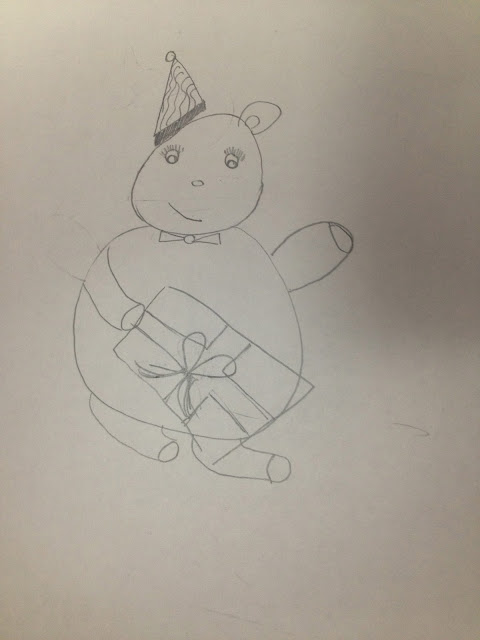Could one
compare Transcendentalism and Empiricism with the MPC?
Can Transcendentalism, being the rules given
by someone greater, from the top down, be compared to those rules that a
teacher gives in a classroom? With the students not doubting their origins?
And can
Empiricism, being the rules created by humans themselves, from the bottom up,
be compared to those rules that a group of students create? Like those at the
MPC (rubrics)?
If we have
Transcendentalism, no matter the advance on social sciences or science, can
there still be consilience of science
and humanities? I do not think so, because Transcendentalism sees everything as
having some divine nature, call it god or another deity. It wouldn't leave
enough room for the sciences.
Transcendentalists
and Empiricists could have the same god.
The only difference is that Transcendentalists believe that our morality and
ethics originate from that god, and Empiricists believe that these comes from
humans. But this doesn't mean that the Empiricists cant believe in some kind of
god. Could this be the difference between believing in a god and having a
religion?
Transcendentalism:
it works because of the epigenetic rules to follow someone, to have a leader.
But then, empiricism also could mean following a leader, just not a
supernatural one.
We, all
human beings, have a yearning to explain the unknown, mysticism. This could be
one of the reasons that we have gods and why we want them to lead us. But then,
if this were true, why could we have the capacity to go against the leader?
These pictures are of some of the maps we came up with during the discussion.








+09.55.41.png)








